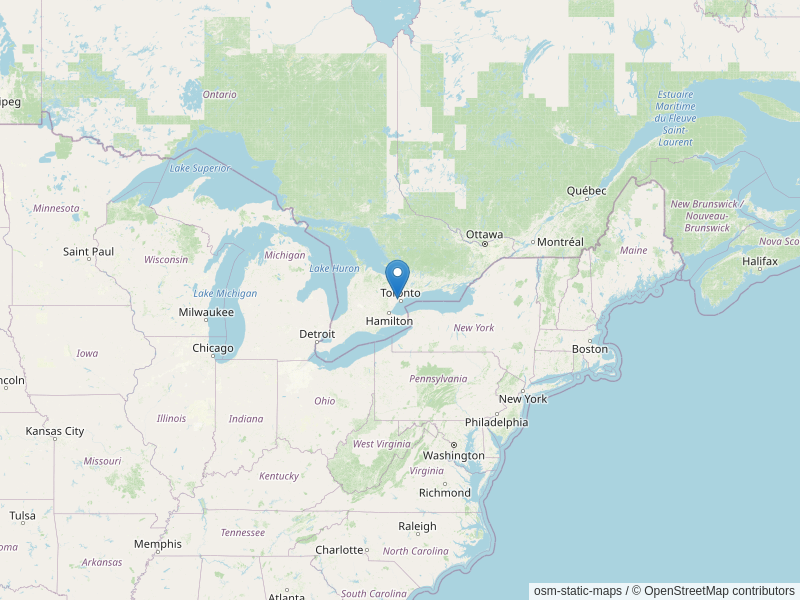Checklist for Study Abroad

If a study abroad stay is on your agenda, there are a few things to keep in mind to ensure that you get the most of the experience.
As a first step, speak to the International or Study Abroad office at your school to learn more about your university’s partner institutions. Talk to the program office for your degree to find out which of the German partner universities is a good fit for your field of study. And don’t forget to find out what the application deadlines are at your university. If your university doesn’t offer an exchange opportunity that meets your interests, you can always apply for entrance to a German university directly.
Try and determine what courses you’ll be able to take for credit while in Germany. If you don’t speak German, ask your International Office what courses are typically offered in English by your university’s German partner schools. It is not unusual for students doing a study abroad to take elective courses while in Germany as this can give you more flexibility and allow you to fill your timeta
Look into scholarship and grant opportunities open to you which might help defray the costs associated with studying abroad. Many Canadian universities offer scholarship and bursary programs to support students going on exchange. Master’s students interested in spending one-year in Germany can apply to DAAD’s Study Scholarship program for support of this stay. However, even if you are applying to DAAD, be sure and ask your International Office whether your university offers any bursaries or scholarships for students heading abroad.
If a semester or year abroad doesn’t work for you, there a number of other opportunities you can pursue that will facilitate an educational experience in Germany. For example, many universities offer summer courses or study tours to Germany, often for credit. To learn see if anything like this is offered by your school, contact your university’s International or Study Abroad Office.
If your university doesn’t offer such a program, you might look into the Canadian Summer School in Germany, a long-standing summer program offered by the University of Alberta in Kassel, Germany. This program combines a full cultural program with intensive German-language courses which are typically recognized for credit by Canadian universities.
Naturally, DAAD also offers several support programs to students looking to spend time at a German summer school or on internship there.
Language Courses
DAAD’s University Summer Course Grant is open to students of German at all levels of study (Bachelor, Master’s or PhD) who have reached at least the A1 level (usually equivalent to one-year of university-level German instruction). The grant helps offset the costs associated with participation in a 3-4 week long summer program offered by a German university.
These programs typically combine German language courses with others organized around a specific theme or field of study. For information on the specific programs on offer, visit www.summerschools.de. (Please note: recipients of a DAAD University Summer Course Grant may only attend those programs in the database which are marked with this symbol:
If a research internship is more to your liking and you are an Undergraduate Student studying in a field related to the Natural Sciences or Engineering, look into RISE Germany, a research internship program that offers Canadian undergraduate the chance to spend part of their summer semester working in the lab of a German PhD candidate. As the working language in the lab is English, no German language ability is necessary for most internships
Contact
-
DAAD in Canada
DAAD Information Centre Toronto
1 Devonshire Place, Room 207 Toronto, ON M5S 3K7 Telephone: +1 (416) 946-8116












